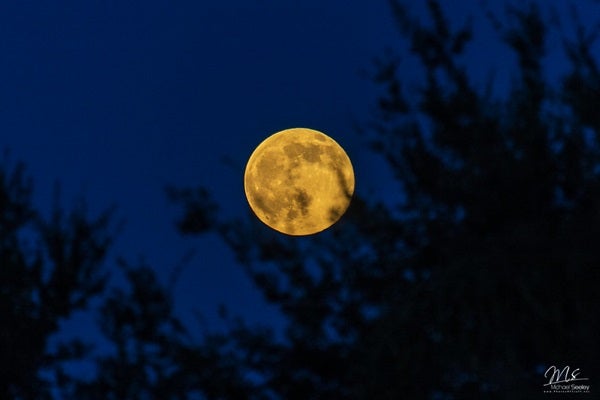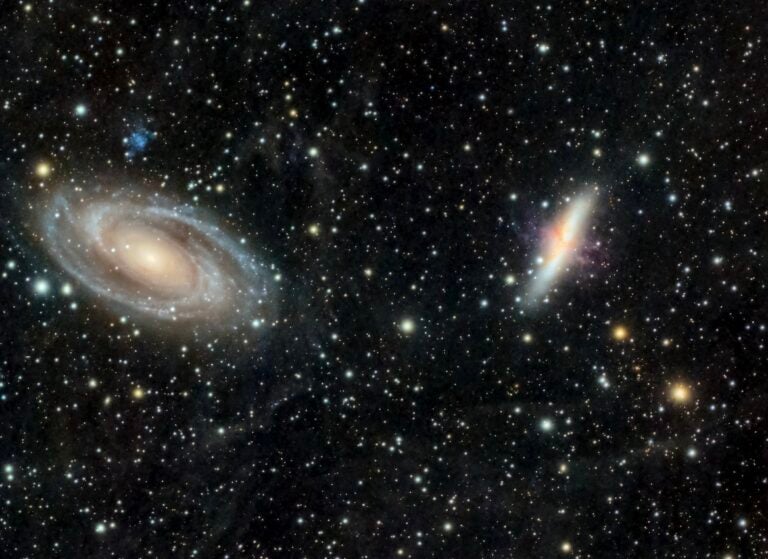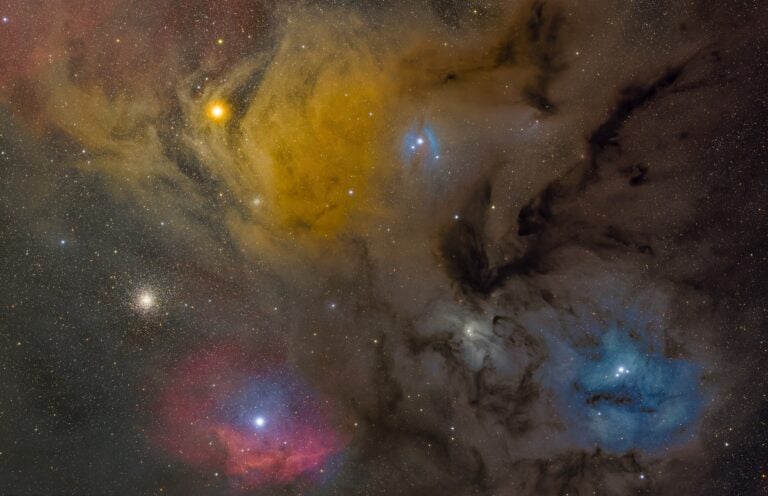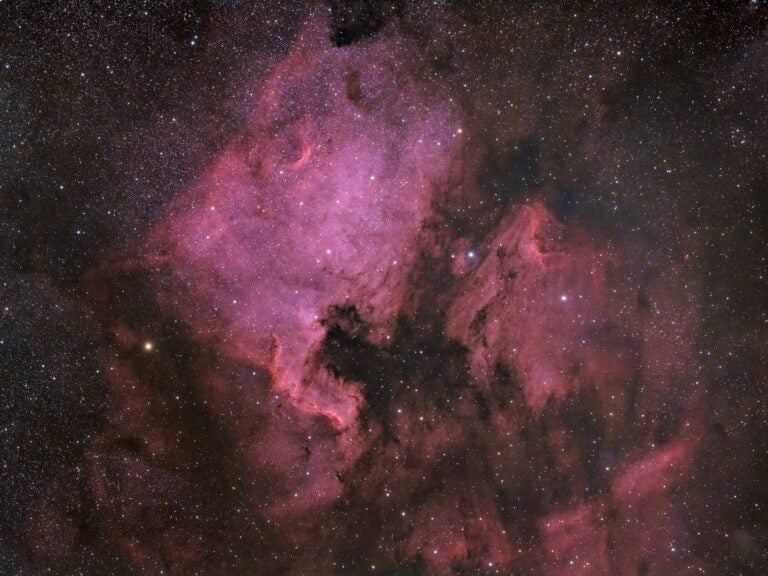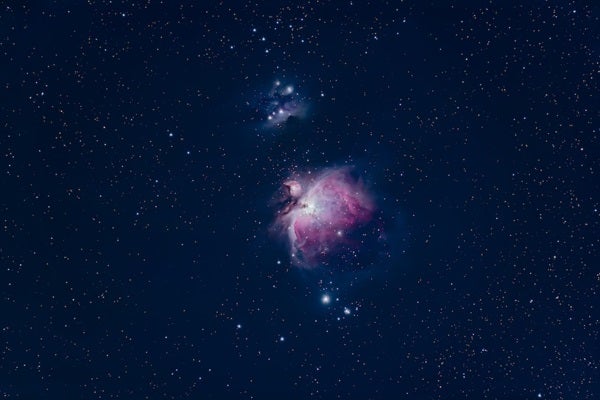I’ll explain: I’m talking about rainbows. “Improper” may seem an ill-fitting term, but rainbows have a darker side. After all, rainbows exist when rain and the Sun are juxtaposed in the sky. This makes them a rich topic, scientifically and ethnologically.
For instance, we’re used to the sight of a rainbow arc soaring above the horizon. But rainbows can be seen underneath the horizon as well, projected against the ground.
That’s because rainbows are centered on the spot in the sky directly opposite the Sun, called the antisolar point, with a radius of 42°. When the Sun is at an altitude of 42°, the tip of the rainbow’s arc just touches the horizon. When the Sun is higher, the full arc is seen against the ground.
One can usually see a rainbow underneath the horizon line whenever the Sun shines on, say, the spray of a waterfall, or from a fountain — not to mention from an ordinary garden hose. But in each of these cases, something other than rain generates the phenomenon.
On the afternoon of March 25, 2021, I witnessed for the first time a rainbow that arced below the horizon during a rain. The rainbow formed when the tail-end of a thunderstorm had passed but its strong winds lingered, which shot rain into our garden just as the Sun broke free from an obscuring cloud. The bow was only yards away, arcing beneath the trees.
At first, I thought I was being fooled, reasoning that our plot’s gardener must have left a lawn sprinkler on during the storm. But that wasn’t the case. Quickly, I realized that I was “a monkey’s uncle” — in a state of surprise and disbelief. And therein lies a story.
Umshado wezinkawu
In southern Africa, whenever it rains while the Sun is shining, people say it’s a “monkey’s wedding.” The influential Austronesian linguist Robert Blust, who died Jan. 5, said the expression almost certainly derived from the Zulu expression umshado wezinkawu: “a wedding for monkeys.” I appreciate the Zulu translation, as it rings familiar. For instance, in English we might say something is “for the birds,” or it “has gone to the dogs.”
Having lived in southern Africa now for several years, my take on the expression is that a sun-shower represents a union of the Sun and rain that’s best fit for monkeys — an animal known in mythology for creating chaos.
The expression fascinates because, while no one knows clearly what it means, it is used in folklore across the globe to describe a sun-shower, albeit with minor twists. For instance, in Japan, and parts of Europe and Asia, a sun-shower is known as the “fox’s wedding”; in Lebanon and Syria, it’s the “rat’s wedding”; in parts of Northern Africa, it’s the “hyena’s wedding”; and in Afrikaans, it’s the “jackal’s wedding.” One common theme is the clever nature of the selected animal.
In in a 1994 issue of Anthropos, Blust wrote, “The essential constellation of features [of the expression] appears to involve animal parturition or conjugal union in connection with sunshowers, or, less often, rainbows.”
And what of the rainbow? Despite scattered positive associations, such as in the Judeo-Christian tradition, in the world’s preliterate cultures, the rainbow is a universal sign of malevolent spiritual presence, said Blust.
As he explained, “[W]ithin prescientific cultures the natural causality of rainbows is completely obscure, and such a visually stunning and awe-inspiring phenomenon can only be attributed to supernatural agency.” In later work, Blust argued that rainbows inspired the varied myths of dragons around the world: In many cultures, rainbows are portrayed as possessive serpents guarding precious fresh water, drinking the rain and causing it to cease.
Some cultures emphasize other supernatural elements in describing a sun-shower: “witches weep”; “the devil fights and gets married”; “fairies comb their hair.” Whatever your preference, send your sightings of rain-induced earthly bows to sjomeara31@gmail.com.


